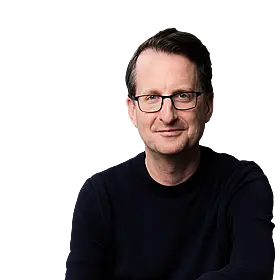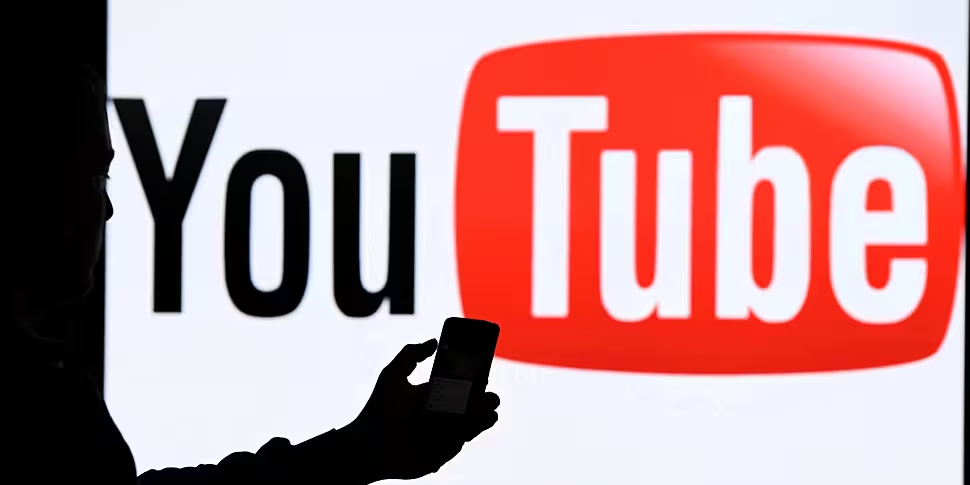YouTube has announced new steps to tackle hate speech, as well as plans to remove videos containing content such as Holocaust denial.
In a blog post today, the Google-owned company said it will now specifically prohibit videos "alleging that a group is superior in order to justify discrimination, segregation or exclusion" based on qualities such as age, gender, race, religion or sexual orientation.
YouTube explained: "This would include, for example, videos that promote or glorify Nazi ideology, which is inherently discriminatory."
It also says it will specifically remove content denying events such as the Holocaust or the Sandy Hook shooting.
The policy will be introduced today, but the company says it will take some time for their systems to 'fully ramp up'.
It's also pledging to reduce "borderline content and harmful misinformation" - citing examples such as videos claiming the earth is flat.
Harassment policies
Today's announcements come as the video platform separately faces fresh scrutiny over its content policies.
Last week, Vox contributor Carlos Maza posted a series of viral tweets highlighting how popular conservative YouTuber Steven Crowder had frequently targeted him with comments referring to his sexuality and ethnicity.
YouTube promised to investigate the claims.
Yesterday, they announced they wouldn't be taking action against Crowder.
The company said: "Our teams spent the last few days conducting an in-depth review of the videos flagged to us, and while we found language that was clearly hurtful, the videos as posted don’t violate our policies."
In further comments to Gizmodo, a Google spokesperson suggested “the main point of these videos was not to harass or threaten, but rather respond to the opinion” expressed by Maza.
Maza expressed frustration at the outcome, suggesting: "Crowder and his allies are going to be emboldened. I genuinely can't imagine what LGBT employees at YouTube are doing right now."
While some commentators defended Crowder on free speech grounds, other users expressed their confusion and frustration over how YouTube chooses to implement their stated policies:
hello @TeamYoutube, youtuber here who is somewhat confused by your moderation policies. wanna help me out here? pic.twitter.com/QjmyeQ0s5b
— Shaun (@shaun_vids) June 5, 2019









